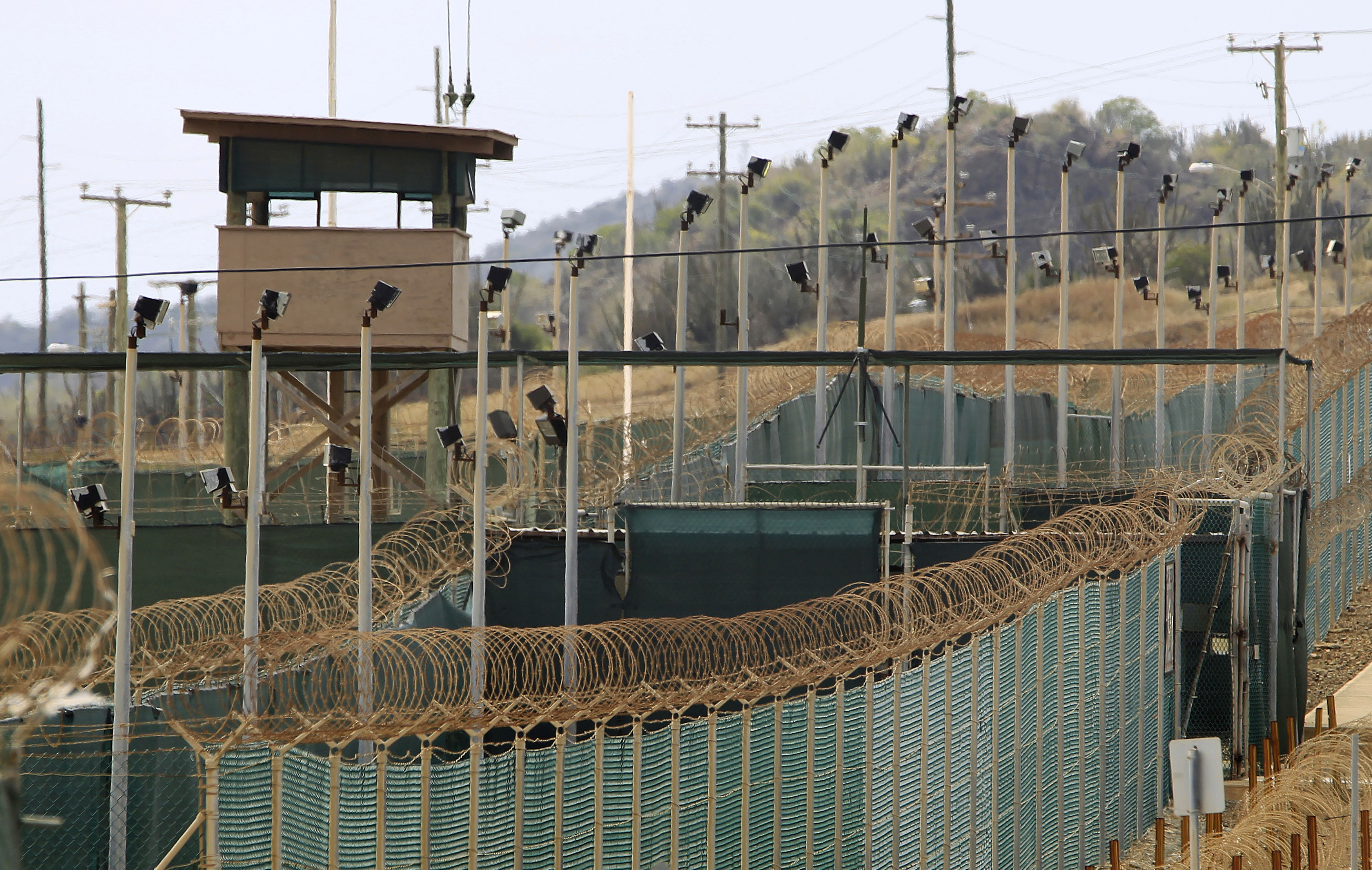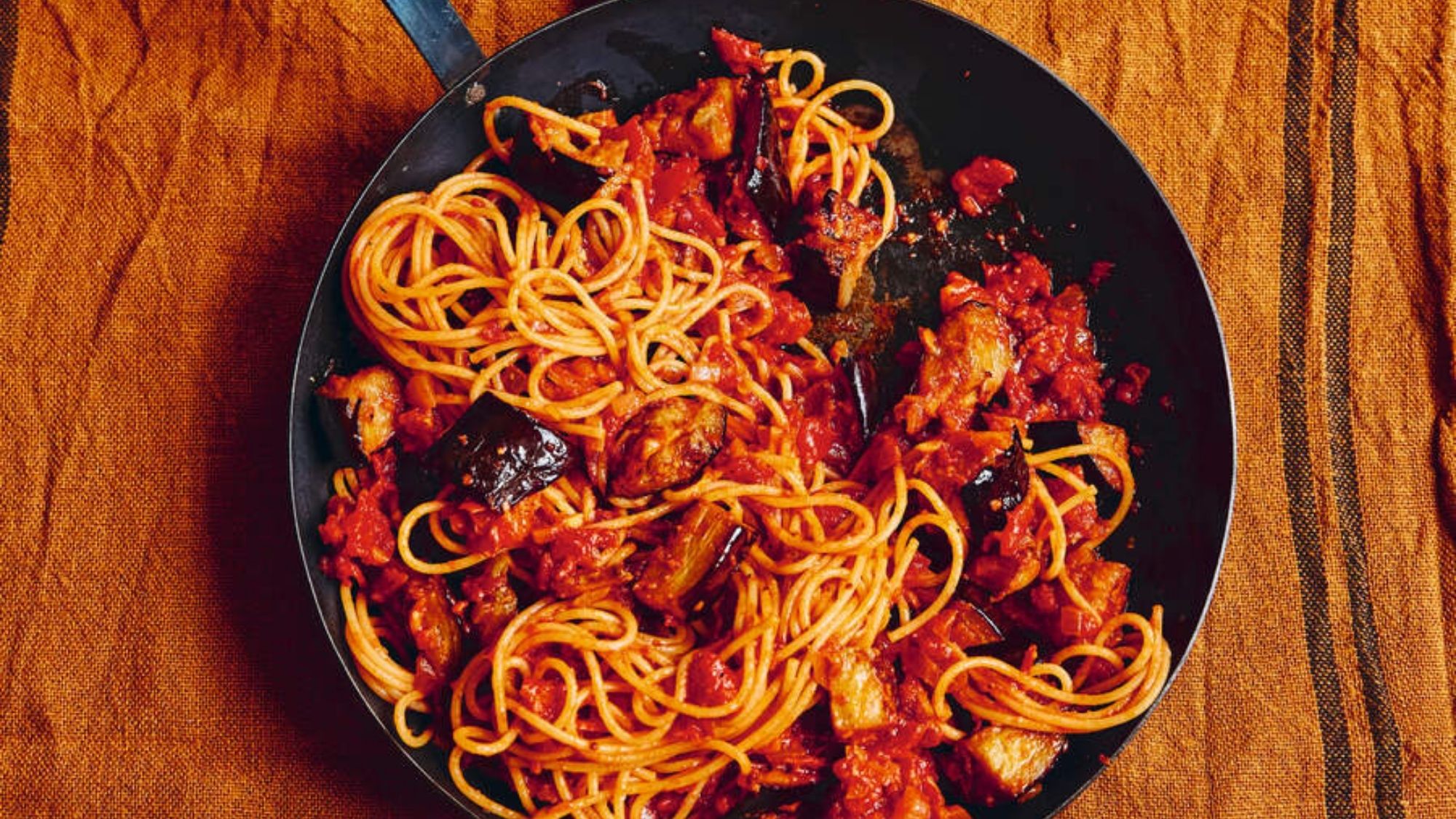America's Guantánamo quagmire
President Obama came into office vowing to close the notorious prison at Guantánamo Bay. Why didn't he succeed? Here's everything you need to know.

President Obama came into office vowing to close the notorious prison at Guantánamo Bay. Why didn't he succeed? Here's everything you need to know:
How many prisoners are left?
There are still 80 "enemy combatants" being held at the Guantánamo Bay military detention center at the U.S. naval base in Cuba. That's down from the total of 779 inmates imprisoned there since the Bush administration created the detention center as part of the "war on terror" in January 2002. When President Obama took office in 2009, 242 inmates remained, most of whom hadn't been charged with a crime; days later, he signed an executive order requiring Guantánamo to be closed within the year. But Obama's efforts to empty the facility and transfer remaining inmates to federal prisons have been stymied by adamant Republican opposition. Guantánamo correspondent Carol Rosenberg was assigned by The Miami Herald to cover the prison's closure more than 12 years ago. "As it stands," says Rosenberg, "it could be that we will just be waiting for the last guy to die before it closes."
The Week
Escape your echo chamber. Get the facts behind the news, plus analysis from multiple perspectives.

Sign up for The Week's Free Newsletters
From our morning news briefing to a weekly Good News Newsletter, get the best of The Week delivered directly to your inbox.
From our morning news briefing to a weekly Good News Newsletter, get the best of The Week delivered directly to your inbox.
Why does Obama want to close it?
The Bush administration purposely sent the detainees to Guantánamo because it represented an "island outside of the law," free from U.S. constitutional protections. Obama and other Guantánamo critics believe this indefinite detention of prisoners without trial — some of whom have staged hunger strikes in protest and have been force-fed to keep them alive — represents a "stain" on America's reputation. Critics also say Guantánamo serves as a propaganda tool for terrorists who claim Muslims have been unjustly persecuted by the West. Osama bin Laden himself cited the "ugly crimes" committed at Guantánamo during interrogations, and in horrific videos recorded in 2014, ISIS dressed several Western hostages in the prison's distinctive orange jumpsuits before beheading them.
Who has left the prison?
About 540 inmates were released without charge by Bush. Many of them, it turned out, weren't actually al Qaeda terrorists, but Afghans and Pakistanis who had been sold to the U.S. for a $5,000-per-head bounty. The Obama administration has released another 158 — sending them to 58 nations stretching from Latvia to Bermuda. Those former detainees are usually held in rehabilitation centers and banned from traveling for at least a year. A major sticking point for people who oppose Guantánamo's closure, however, is that many detainees have returned to terrorist activities after their release. Republican Sen. John McCain puts that recidivism figure at 30 percent, the Obama administration at 17 percent. Some have been involved in the killing of Americans. Another, a former driver for Osama bin Laden who was released to Sudan in 2002, has since appeared in an al Qaeda video calling on jihadists to "light up the ground beneath the feet of the Crusaders."
A free daily email with the biggest news stories of the day – and the best features from TheWeek.com
Who's still there?
The most prominent inmate is alleged 9/11 mastermind Khalid Sheikh Mohammed, who along with four alleged co-conspirators is awaiting trial under the military tribunal system set up by Bush. Another 28 inmates, most of them from Yemen, have been cleared for release, but the Obama administration doesn't want to send them home because Yemen remains a hotbed of al Qaeda activity. A final group of about 43 detainees, the so-called "forever prisoners," are deemed too dangerous to release but impossible to prosecute, because any evidence against them was obtained through waterboarding and other since-prohibited "enhanced interrogation techniques," and is therefore tainted. Their presence has forced Obama to shift tactics.
What is Obama's latest plan?
Under a proposal sent to Congress in February, the Obama administration recommends transferring at least 13 forever prisoners north to U.S. facilities — potentially to military prisons in Kansas or South Carolina or to a federal supermax in Colorado. The proposal could save the Pentagon $140 million a year, but congressional Republicans blocked it, and refused to reconsider the legislation they passed in 2015 that forbids the use of federal funds to transfer Guantánamo detainees to U.S. soil. "Most of the remaining Guantánamo detainees are the worst of the worst terrorists," said Sen. Kelly Ayotte (R-N.H.), who contends it's not safe to house them in the U.S. The Obama administration points out that American prisons already hold 443 convicted terrorists with no apparent threat to the public.
What else can Obama do?
The White House has said it's considering using an executive order to close the prison — though that would require defying the will of Congress and the majority of the American public, according to polls. Even then, Obama's victory would be pretty hollow, says South Carolina Gov. Nikki Haley, who has opposed moving any inmates to prisons in her state. America would still be imprisoning accused terrorists indefinitely, and without trial, she argues — just on home soil. "They will be held under the same legal authority, by the same country, in the same manner, for the same duration, and for the same reasons. Why does the ZIP code matter?"
Life after Guantánamo
Shackled and still wearing their orange Guantánamo jumpsuits, six former detainees arrived in the Uruguayan capital of Montevideo in the middle of the night in 2014. Four Syrians, a Tunisian, and a Palestinian had been welcomed to the tiny South American nation by then–President José "Pepe" Mujica, a former political prisoner himself. But as with many former detainees who have been dumped in foreign countries by the Bush and Obama administrations, the social experiment quickly turned sour. None of the men knew any Spanish, and all had completely lost their ability to function in a normal society — let alone one with an unfamiliar language and culture. They struggled to find work, and two have since been arrested on domestic violence charges. "[America] wronged people for 13 years in the prison of Guantánamo," said one of the former detainees, "and in the end, it just abandons them, just like one would throw away bones after eating the meat." Another inmate still in Guantánamo, Mohammed Ali Abdullah Bwazir, was recently cleared for release after 14 years inside. He was offered the chance to relocate to a European country where he has no friends or relatives. He chose to stay behind bars.
-
 Political cartoons for January 17
Political cartoons for January 17Cartoons Saturday’s political cartoons include hard hats, compliance, and more
-
 Ultimate pasta alla Norma
Ultimate pasta alla NormaThe Week Recommends White miso and eggplant enrich the flavour of this classic pasta dish
-
 Death in Minneapolis: a shooting dividing the US
Death in Minneapolis: a shooting dividing the USIn the Spotlight Federal response to Renee Good’s shooting suggest priority is ‘vilifying Trump’s perceived enemies rather than informing the public’
-
 The billionaires’ wealth tax: a catastrophe for California?
The billionaires’ wealth tax: a catastrophe for California?Talking Point Peter Thiel and Larry Page preparing to change state residency
-
 Bari Weiss’ ‘60 Minutes’ scandal is about more than one report
Bari Weiss’ ‘60 Minutes’ scandal is about more than one reportIN THE SPOTLIGHT By blocking an approved segment on a controversial prison holding US deportees in El Salvador, the editor-in-chief of CBS News has become the main story
-
 Has Zohran Mamdani shown the Democrats how to win again?
Has Zohran Mamdani shown the Democrats how to win again?Today’s Big Question New York City mayoral election touted as victory for left-wing populists but moderate centrist wins elsewhere present more complex path for Democratic Party
-
 Millions turn out for anti-Trump ‘No Kings’ rallies
Millions turn out for anti-Trump ‘No Kings’ ralliesSpeed Read An estimated 7 million people participated, 2 million more than at the first ‘No Kings’ protest in June
-
 Ghislaine Maxwell: angling for a Trump pardon
Ghislaine Maxwell: angling for a Trump pardonTalking Point Convicted sex trafficker's testimony could shed new light on president's links to Jeffrey Epstein
-
 The last words and final moments of 40 presidents
The last words and final moments of 40 presidentsThe Explainer Some are eloquent quotes worthy of the holders of the highest office in the nation, and others... aren't
-
 The JFK files: the truth at last?
The JFK files: the truth at last?In The Spotlight More than 64,000 previously classified documents relating the 1963 assassination of John F. Kennedy have been released by the Trump administration
-
 'Seriously, not literally': how should the world take Donald Trump?
'Seriously, not literally': how should the world take Donald Trump?Today's big question White House rhetoric and reality look likely to become increasingly blurred